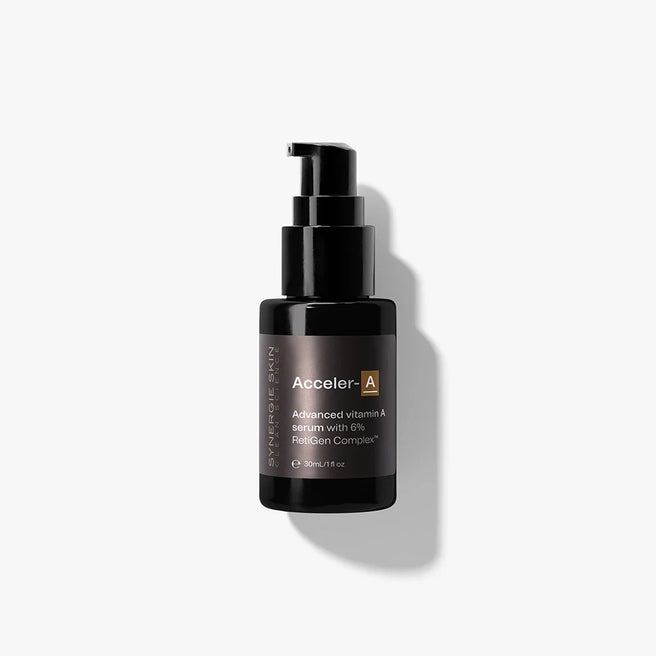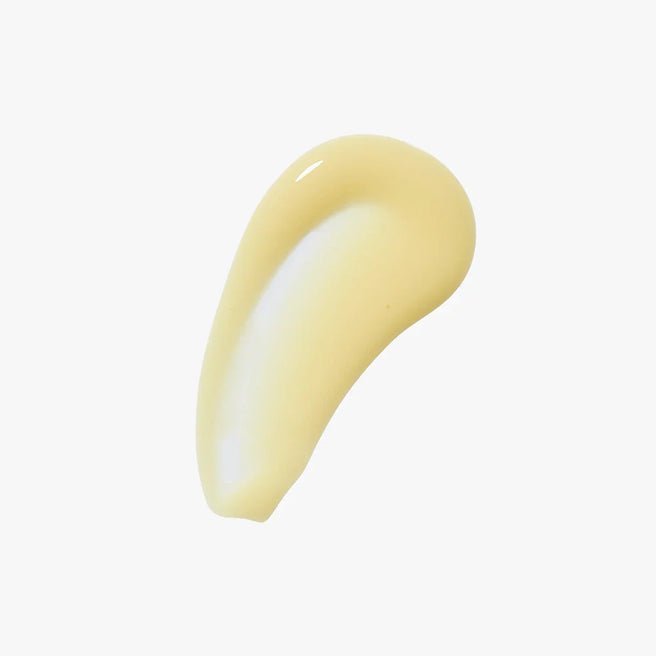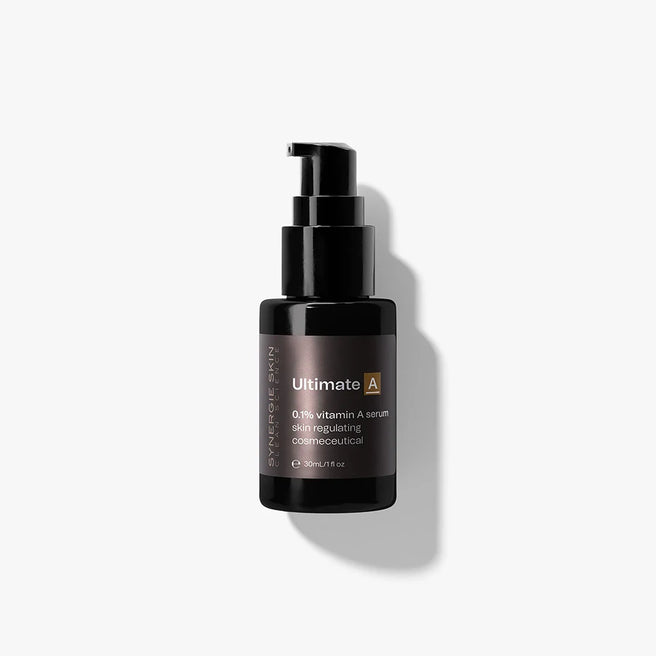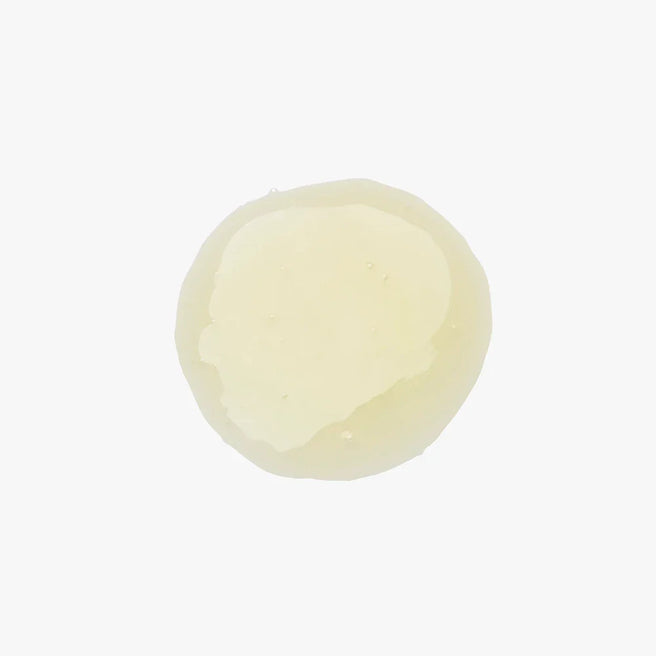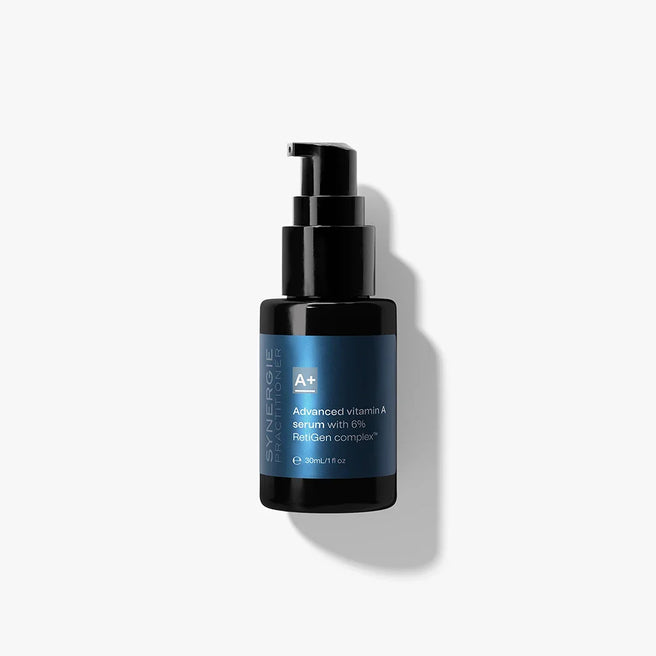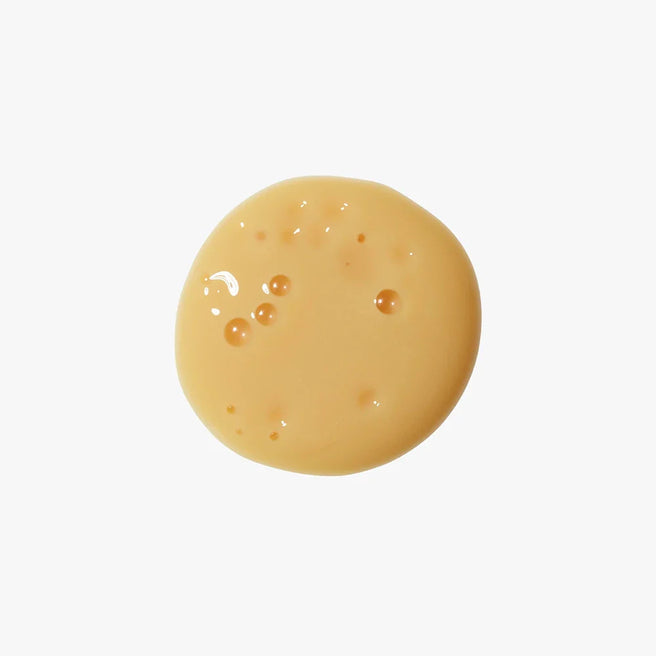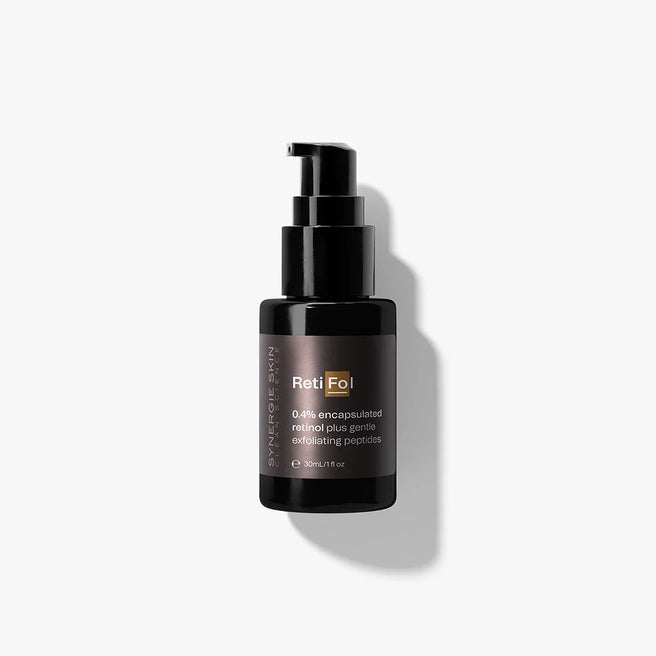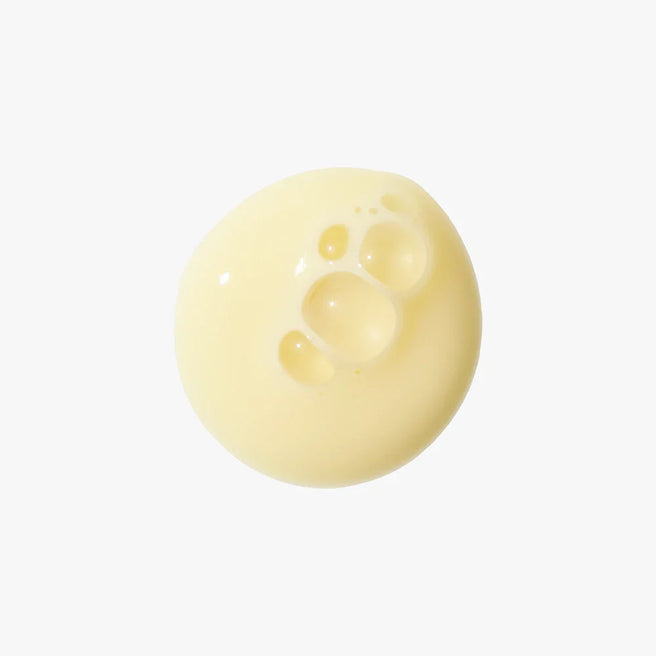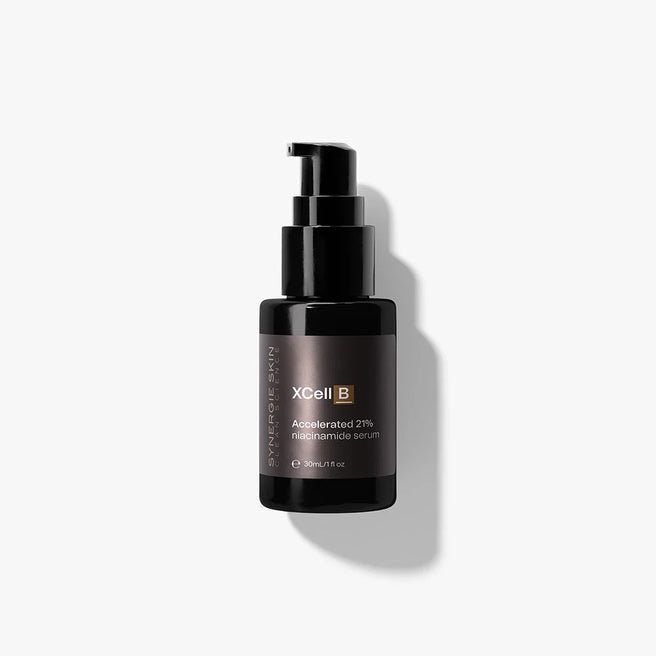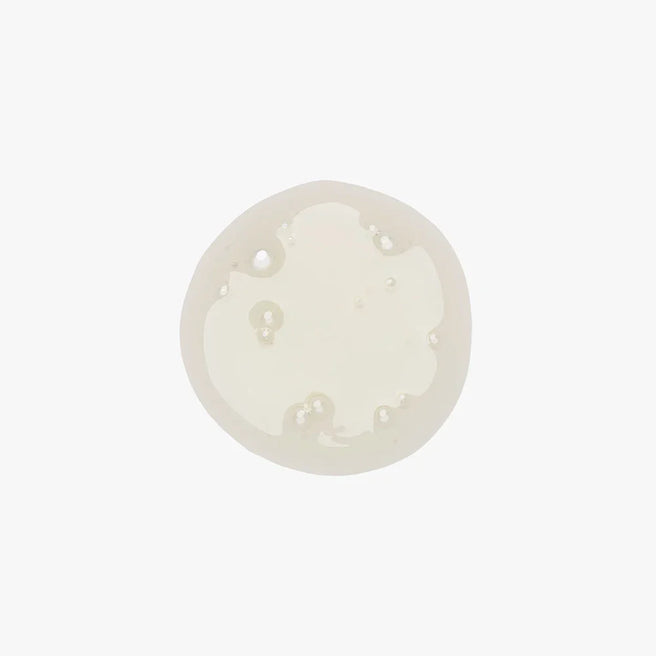Learn how to maximise skin results with your Synergie Skin vitamin A serum
.webp?v=1690516252281)
What is vitamin A?
Retinoids (the various forms of vitamin A) are considered the gold standard in cosmeceuticals and are used to treat over 125 skin disorders.
Vitamin A is often referred to as the great ‘cellular regulator’ due to its ability to control cell growth and differentiation. Retinoids are extremely powerful as they can program our genes (DNA) in the nucleus of our cells to perform many of our cell functions.
Over the years, vitamin A has evolved to become increasingly stable, elegant, and specific in its action upon the cells, however, not all types of vitamin A are suitable for every skin type.
*To learn more about the benefits of vitamin A for the skin and the different types or vitamin A, read our blog: What does vitamin A do for Skin.
Acclimatising to vitamin A with confidence
Synergie Skin only uses the most stable and effective forms of vitamin A within our formulations and offer a range of vitamin A products to suit every skin type and concern. Introducing vitamin A into your routine gradually is the best way to avoid a retinoid response (any irritation or negative side effects).
As vitamin A restores balance in the skin where needed and normalises cellular processes, for some individuals, it is possible to notice a slight response upon commencing use of the product as the regulatory process takes place. This may be evident in a mild increase in oil flow or for some a slight decrease in oil production and subsequent feeling of dryness. Some individuals may also experience mild sensitivity or increased skin cell exfoliation while their skin adjusts to the higher levels of active ingredients.
Vitamin A will allow any follicular plugs to be drawn out of the skin and therefore some individuals may notice this as a small number of transient blemishes. This is not the case for everyone who commences using retinoids and for the majority, their skin health just improves without any signs of the regulatory process that is taking place.
It is important for the few people who do notice a slight fluctuation in oil flow or hydration levels to remember that this is not a reaction, but rather a positive response from the skin and evidence that it is being brought to life and regulated from within. This phase is short lasting, usually resolving within the first cellular turnover (28 days) and the amazing skin health and visible results will soon follow.
Every time you introduce a new form of vitamin A (e.g., moving from Ultimate A to RetiFol) you will need to phase in the new vitamin A product.
-v1690517343199.webp)
Phasing in Vitamin A products
We always recommend starting with an entry level strength product, such as Ultimate A. Once your skin has built-up tolerance to the ingredient, you can then move on to higher strength products, such as RetiFol, Acceler-A and A+.
To assist your skin with acclimatising gently to a new retinoid ingredient, we recommend the following phase in steps:
Always apply your vitamin A serum sparingly and only advance after 3 to 6 months, while monitoring tolerance.
What to do if you experience a retinoid response?
If you do experience a response when acclimatising to vitamin A, rest assured that this is a very positive sign and that your skin is going to have both visible and biological improvements in the near future and to not be discouraged.
To further assist the skin to adjust, we recommend that Acceler-A and A+ be used after Vitamin B, XCell-B or Priority B, and prior to your Synergie Skin moisturiser in the evening regimen.
It is important to note, that not all skins will need to progress to using Acceler-A or A+ serum. Some may be perfectly suited to Ultimate A or RetiFol and still receive the amazing benefits that retinol delivers.
[Disclaimer: This blog is for informational purposes only and does not substitute professional medical advice. Consult a dermatologist or skincare professional for specific concerns.]




